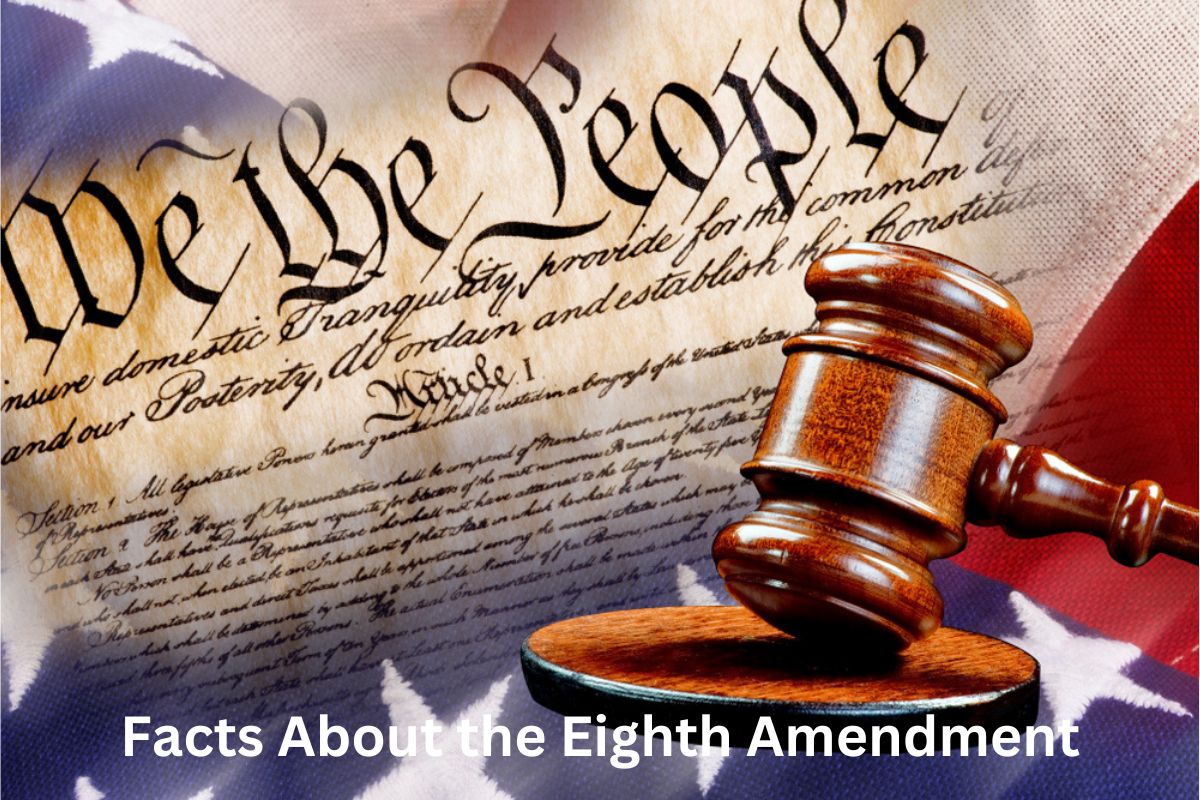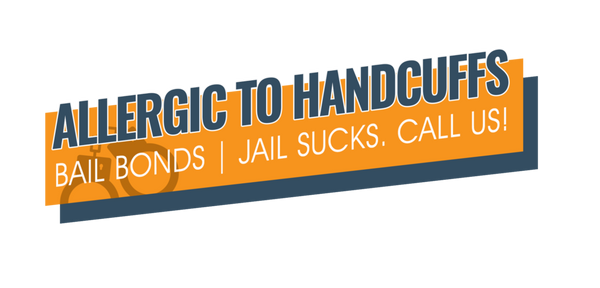Bail Bonds and the Eighth Amendment: Know Your Rights
- by Ryan Mullinax
-

The Eighth Amendment of the United States Constitution is a crucial part of our country's legal framework. One of its most important provisions is that it prohibits excessive bail. This means that when someone is arrested, the amount of bail set by the court should not be more than necessary to ensure their appearance at trial.
Bail is a financial arrangement that allows an accused person to be released from jail while awaiting trial. In some cases, the accused or their loved ones can post the entire bail amount themselves. In other cases, they may need to use the services of a bail bondsman, who will post the bail in exchange for a fee.
The Eighth Amendment's prohibition on excessive bail is designed to prevent the government from using bail as a form of punishment or as a way to keep someone in jail who has not been convicted of a crime. Instead, bail is intended to be a way to ensure that the accused shows up for trial.
When setting bail, the court will consider a variety of factors, including the accused's criminal history, the severity of the crime, and the likelihood that the accused will flee or pose a danger to the community if released. If the bail amount is excessive, the accused or their lawyer can challenge it in court.
It's important to remember that the Eighth Amendment only prohibits excessive bail, not all bail. In some cases, the court may decide that no bail is appropriate, particularly if the accused is considered a flight risk or a danger to the community. In other cases, the bail amount may be set very high, particularly if the accused is considered a flight risk or if the crime is particularly serious.
If you or a loved one is facing criminal charges, it's important to know your rights when it comes to bail. You have the right to be released on bail unless the court determines that you are a flight risk or a danger to the community. You also have the right to challenge the amount of bail set by the court if you believe it is excessive.
A bail bondsman can be a valuable resource if you need help posting bail. However, it's important to remember that they are businesses and will charge a fee for their services. Before using the services of a bail bondsman, make sure you understand the terms of the agreement and the fees involved.
The Eighth Amendment's prohibition on excessive bail is an important protection for accused individuals in the United States. If you are facing criminal charges, it's important to know your rights when it comes to bail. Contacting an experienced criminal defense attorney can help you navigate the legal system and ensure that your rights are protected.
Bail is a financial arrangement that allows an accused person to be released from jail while awaiting trial. In some cases, the accused or their loved ones can post the entire bail amount themselves. In other cases, they may need to use the services of a bail bondsman, who will post the bail in exchange for a fee.
The Eighth Amendment's prohibition on excessive bail is designed to prevent the government from using bail as a form of punishment or as a way to keep someone in jail who has not been convicted of a crime. Instead, bail is intended to be a way to ensure that the accused shows up for trial.
When setting bail, the court will consider a variety of factors, including the accused's criminal history, the severity of the crime, and the likelihood that the accused will flee or pose a danger to the community if released. If the bail amount is excessive, the accused or their lawyer can challenge it in court.
It's important to remember that the Eighth Amendment only prohibits excessive bail, not all bail. In some cases, the court may decide that no bail is appropriate, particularly if the accused is considered a flight risk or a danger to the community. In other cases, the bail amount may be set very high, particularly if the accused is considered a flight risk or if the crime is particularly serious.
If you or a loved one is facing criminal charges, it's important to know your rights when it comes to bail. You have the right to be released on bail unless the court determines that you are a flight risk or a danger to the community. You also have the right to challenge the amount of bail set by the court if you believe it is excessive.
A bail bondsman can be a valuable resource if you need help posting bail. However, it's important to remember that they are businesses and will charge a fee for their services. Before using the services of a bail bondsman, make sure you understand the terms of the agreement and the fees involved.
The Eighth Amendment's prohibition on excessive bail is an important protection for accused individuals in the United States. If you are facing criminal charges, it's important to know your rights when it comes to bail. Contacting an experienced criminal defense attorney can help you navigate the legal system and ensure that your rights are protected.





